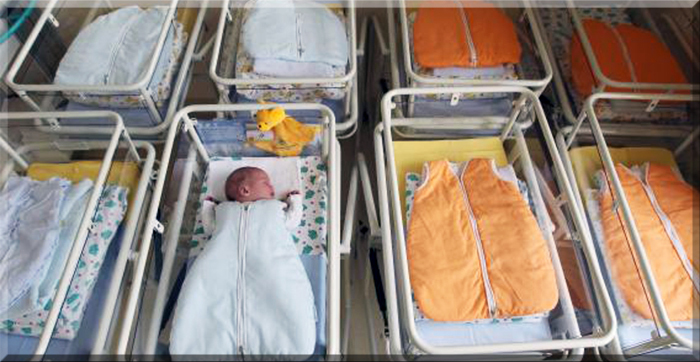Penna Dexter
Why aren’t our 20 and 30-year-olds having more children? One reason is economic. Should the U.S. government consider subsidizing childbearing?
Robert Whaples, professor of economics at Wake Forest University suggests some less expensive and non-taxpayer-funded ways to convince Americans to have more kids. He lists these ideas in an article in National Review entitled, “We Need More Babies.”
- First, transporting kids is expensive. One shocker to families expecting a third child is learning that the back seat in many cars and SUVs is not wide enough for three car seats. Transporting a third or fourth child could necessitate a minivan or something larger.
Robert Whaples points to research by economist Steve Levitt showing “that child safety seats are no better than seat belts in reducing fatalities among children ages two to six.” Yet, in many states, six-year-olds, who are under a certain weight, are required by law to ride in car seats. Dr. Whaples recommends relaxing those laws.
- Secondly, and importantly, the cost of housing can deter couples from planning a family. Many localities have zoning laws that prevent affordable homes from being built. Dr. Whaples says relaxing these restrictions would be “pro-natal.”
- Student debt is another reason couples delay having children. As a university economics department chair, Dr. Whaples has some solutions that could be implemented at the college level. One is for “middle-tier colleges” to shift resources from research to teaching. Another is to “mainstream the idea of having students graduate in three years, which would cut their debt and give them an extra year to achieve career goals before starting a family.”
- Another idea involves potential grandparents. Dr. Whaples suggests scaling down the posh wedding and, instead saving to help the newlyweds afford a future grandchild.
The birth rate is dropping partially because many young people no longer see marriage as a given. Parents, churches, and governments should do what they can to fix that situation. 
 Listen Online
Listen Online Watch Online
Watch Online Find a Station in Your Area
Find a Station in Your Area










 Listen Now
Listen Now Watch Online
Watch Online
